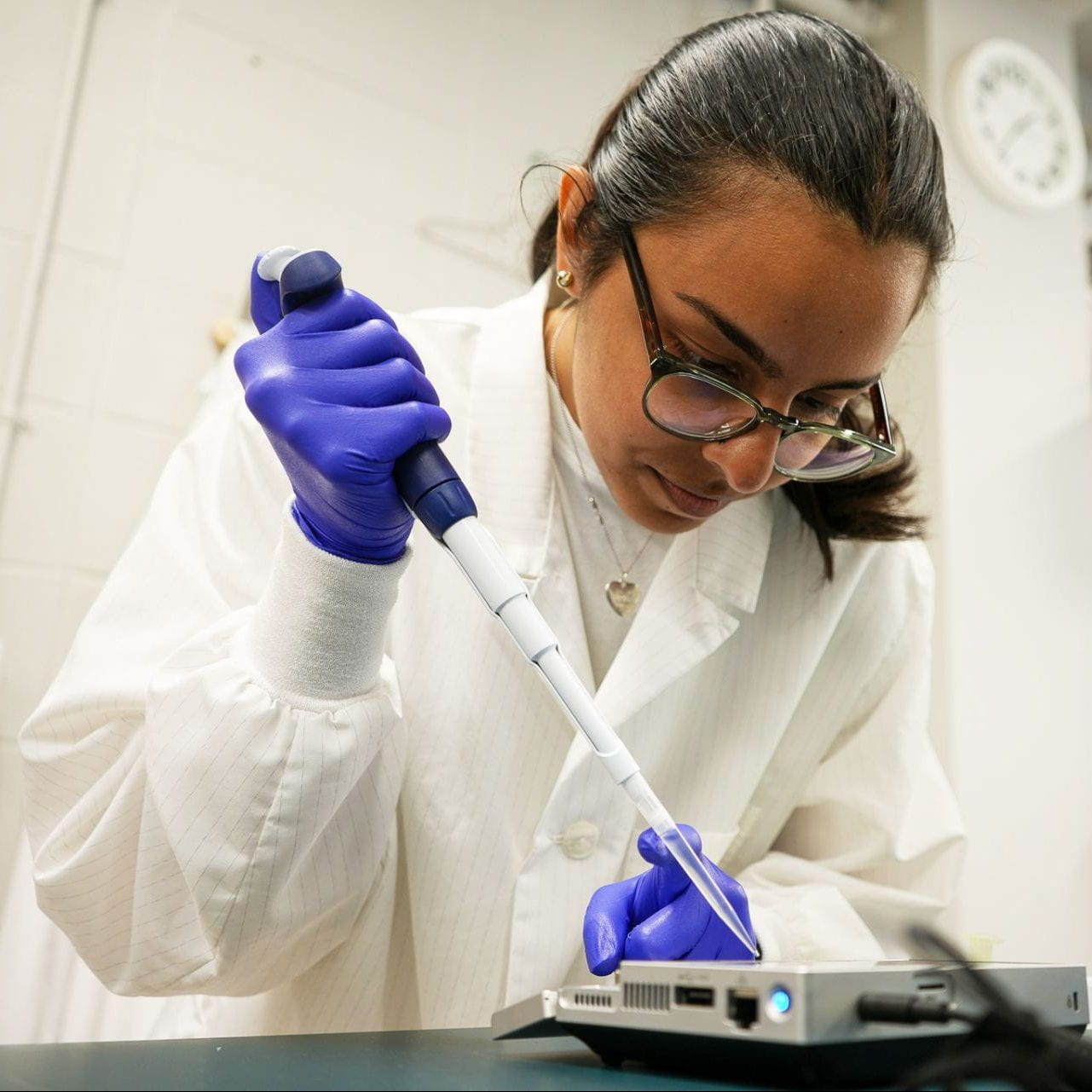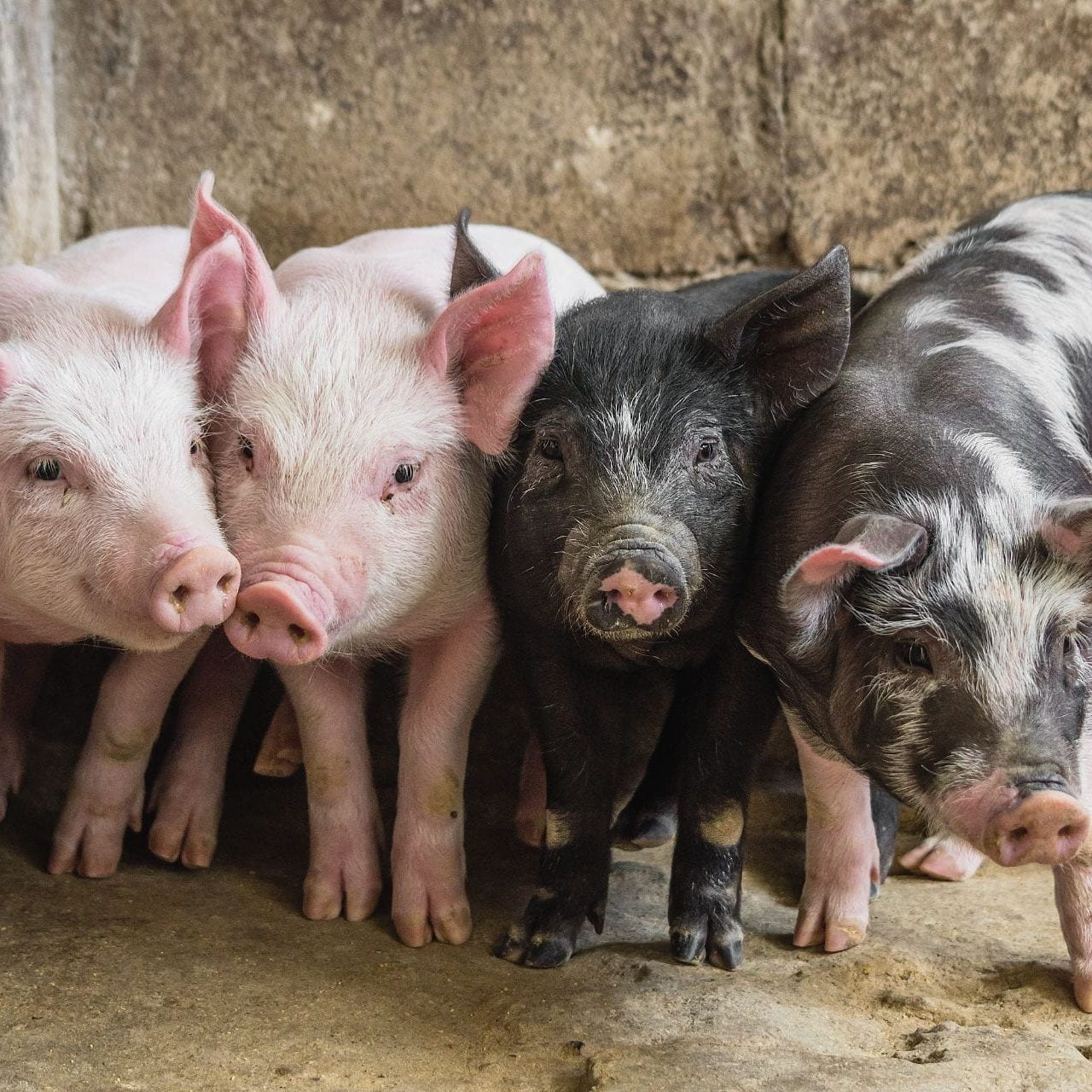Working Together to Change the World
Cornell University offers a campus-wide Master of Public Health (MPH) Program to help build public health leaders who are inspired and trained to ensure the health of people, animals, and the world in which we live.
Our program is founded on three pillars—Sustainability, Equity, and Engagement—that inform our approach to teaching, research, service, and practice. Our small class sizes and engaged-learning approach give our students uncommon flexibility in developing the skills they need to make an impact in their desired careers. And, by working with community partners, our students turn theory into practice while preparing to become future leaders of the public health workforce.
Our Curriculum
Our core curriculum provides students with the skills, tools, and foundational knowledge to become general public health practitioners, while our concentration courses allow our students to become specialists in their chosen field.
News & Impacts
Collaboration reimagines shopping mall as wellness hub
In the vacant former Ulta Beauty space at The Shops at Ithaca Mall, eye-catching displays on a recent Saturday featured not cosmetics but brightly colored sticky notes, magic marker drawings, file cards, masking tape, yarn, pipe cleaners and Play-Doh.
Equipped with those art supplies, more than 60 community members, nonprofit leaders, Cayuga Health System representatives and Cornell faculty and students contemplated a mall makeover – collaborating on ideas that might help transform the underutilized property…
The wildfire crisis and FAS: A story of policy entrepreneurship
As FAS gets ready to officially kick off its Day One 2025 effort and looks back to the origins of Day One, it’s essential to also recognize the important policy innovations our community surfaced after that initial tranche of memos. It’s also useful to reflect on how FAS, as an organization, has developed institutional infrastructure to support more policy entrepreneurs, and to fully capitalize on policy windows – when those windows open widest.
There may be no better example bringing all of these elements together…
Cornell and Ugandan researchers reveal role of ticks in African swine fever transmission
African swine fever (ASF) is a viral hemorrhagic disease that has spread globally and killed more than half the world’s population of pigs since 2007. A new paper by researchers at Cornell and Makerere University in Uganda confirms that a species of ticks is responsible for maintaining and spreading ASF infections among domestic pigs in Uganda. Their work, completed by a Makerere University Master’s student Edrine Kayaga, was published in Frontiers in Veterinary Science and supports the basic science…







